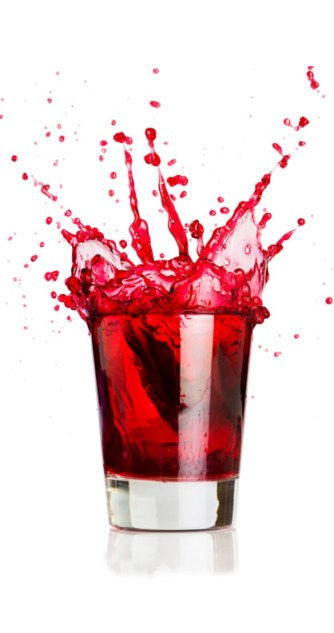Blog Post: VodkaGinTequilaRum
- amirakfrancis
- Aug 19, 2022
- 3 min read
Let’s talk alcohol. Sitting in my room, shuffling through article after article on the Internet, I stumble upon a title that shouts the name of my home-away-from-home: “Boston again ranked America’s drunkest city.”

Your college drinking habits could set the stage for the rest of your life/IMAGE VIA nutritionistics.wordpress.com
Drinking. The never-ending quarrel between you and your parents. The passionate debate between two parties who both feel their ideal regulations must be implemented. The activity that occupies many a college students’ weekend nights.
After developing a few questions about college drinking culture, I consulted Archie Brodsky. Brodsky is an alcohol specialist who has co-authored several books, including Love and Addiction and The Truth About Addiction and Recovery.
Though drinking is often dismissed as innocent and casual it can also be very damaging.
“America has always had an uneasy relationship with intoxicating substances. In the United States unfortunately, the Northern European model has predominated over the Southern European and Asian model of more sensible drinking and viewing alcohol as one of life’s mild pleasures that may lubricate social interactions, but not something that should be allowed to get out of hand. If we had adapted the latter, we would be better off,” Brodsky said.
What exactly is the Northern European model, you ask? It’s something called a Temperance approach – regulatory actions and attitudes that urge less drinking and promote the idea that drinking is bad. This, however, can actually be detrimental to society in terms of alcohol abuse.
“The cultural attitudes that lead to abusive drinking or abstinence are an all-or-none attitude towards alcohol. People are taken up with the view of alcohol as this all-powerful substance that can just take over your mind and control your behavior.
Now, people may see that in a positive way, that they’re looking for some kind of oblivion or looking for some kind of potion that gives them power in life, and enables them to feel as if they are great, as if they are all-powerful, and naturally if people feel that way or are looking for some kind of escape, like regularly drowning their sorrows, then they get into a cycle where they drink more and more, in seeking this escape or oblivion, and they become addicted,” Brodsky said.
This type of drinking is often reflected in college life. Admit it, you probably don’t look at drinking as a health benefit. As a college student, it’s sometimes easy to get wrapped up in looking forward to the weekend because that’s when you’re going to get “wasted.” That’s when you can finally relax and lose control.
However, these drinking behaviors can easily lead to binge drinking.
“If anything, student binge drinking should show you that we don’t have very healthy or health-promoting views of alcohol. We don’t have ways of teaching young people about drinking that promote responsible behavior, responsible drinking. And instead, what you have is a peer group culture that has developed its own norms of binge drinking.”
So this leaves us pretty close to where we started. Drinking can be good or bad depending on how you approach it. We all know the potential dangers associated with drinking – domestic abuse, drunk driving, violence, crime. Being fully aware of how Americans approach drinking, and the consequences can make us more responsible in the present and in the future.
Originally published: January 15, 2013 Website of original published article: http://freepblog.wordpress.com/2013/01/15/vodkagintequilarum/



Comments